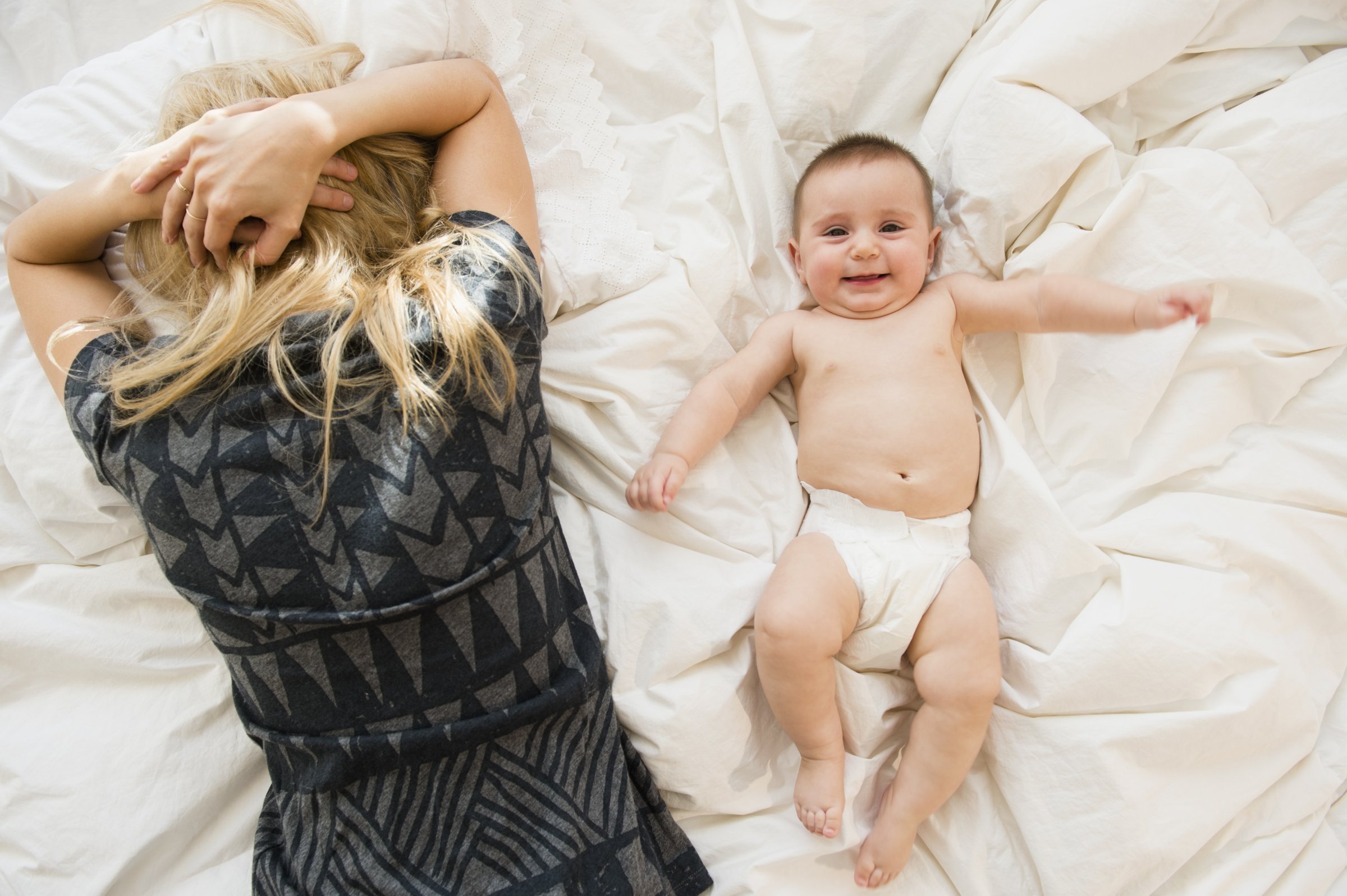
Gloria Steinem has said that one of the reasons she suspects didn’t feel the need to have kids was that she had to look after her mother a lot when she was young and she felt like she had got her caregiving impulses out of the way early.
Now a new study backs up her suspicion: moms who had a lot of responsibilities as kids are less understanding of their kids’ needs than moms whose childhoods were more carefree. (And no, this is not a reason for your kids to never help around the house.)
The research paper, from Michigan State University (MSU), surveyed 374 pregnant low-income women and then monitored their parenting style for 18 months. Those whose childhoods were burdensome seemed to regard their baby’s needs as oppressive and were less likely to put aside their own needs to care for their kids.
“If your childhood was defined by parents expecting you to perform too much caregiving without giving you the chance to develop your own self-identity, that might lead to confusion about appropriate expectations for children and less accurate knowledge of their developmental limitations and needs as infants,” said Amy K. Nuttall, assistant professor in MSU’s Department of Human Development and Family Studies and lead author on the study, in a release.
The pushing of kids to do the onerous stuff adults do, such as frequent disciplining of siblings, an overwhelming number of chores, or providing the main emotional support structure for parents, is called, in the academy, “parentification.” It has been connected to a number of issues later in life, including behavioral problems. In this study, the baby’s legitimate needs seemed to remind the mothers of their struggle to address their parents’ neediness and impositions.
The good news is that Nuttall believes that education could help the moms realize that their kids were not being unreasonable, they were just being babies. “Prenatal parenting classes may be particularly useful for teaching accurate knowledge of child development and appropriate expectations about children’s abilities even before mothers give birth and begin parenting,” Nuttall said.
More Must-Reads from TIME
- Donald Trump Is TIME's 2024 Person of the Year
- Why We Chose Trump as Person of the Year
- Is Intermittent Fasting Good or Bad for You?
- The 100 Must-Read Books of 2024
- The 20 Best Christmas TV Episodes
- Column: If Optimism Feels Ridiculous Now, Try Hope
- The Future of Climate Action Is Trade Policy
- Merle Bombardieri Is Helping People Make the Baby Decision
Contact us at letters@time.com